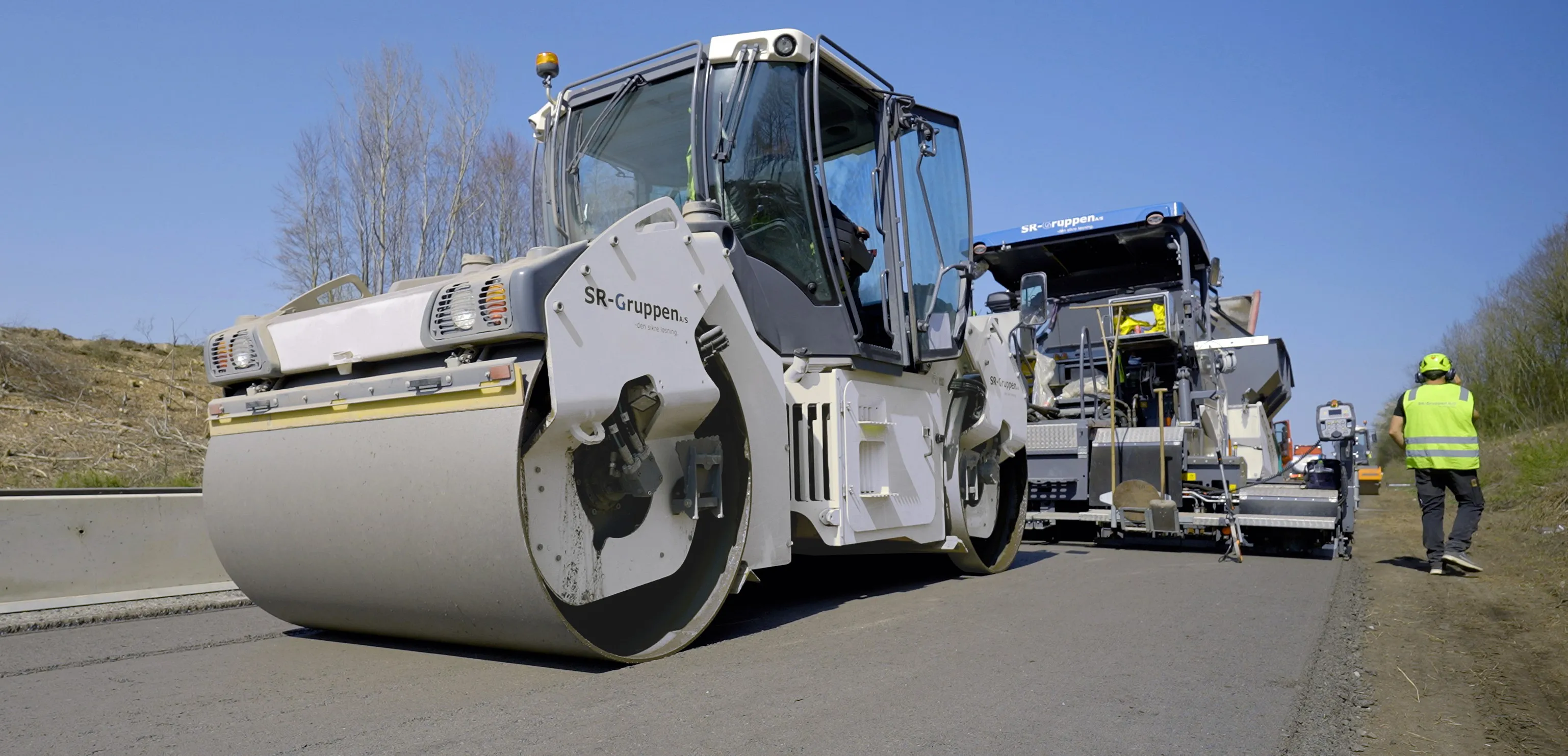Liberty Electric Cars (LEC) has been chosen as one of the major partners of the Europe-based Delivery project, aiming to produce a pure ultra-efficient electric commercial vehicle. Chosen due to the firm’s extensive experience in electric commercial vehicle engineering and design, LEC’s team of experts played a crucial role in the development of the Modec truck, a range of 5.5tonne commercial vehicles that have been sold to a wide variety of customers across Europe. Operators of the truck include global com
April 27, 2012
Read time: 2 mins
Chosen due to the firm’s extensive experience in electric commercial vehicle engineering and design, LEC’s team of experts played a crucial role in the development of the Modec truck, a range of 5.5tonne commercial vehicles that have been sold to a wide variety of customers across Europe. Operators of the truck include global companies like
The main objective of Deliver is to produce a pure electric commercial vehicle that is 40% more efficient than any ICE-powered commercial vehicle on the road today, with a gross weight between 2.2 and 2.5tonnes and a payload of 700kg.
The Deliver project is co-funded by the European Community’s 7th Framework programme for Research and Technological Development which is the EU’s main instrument for funding research in Europe.









